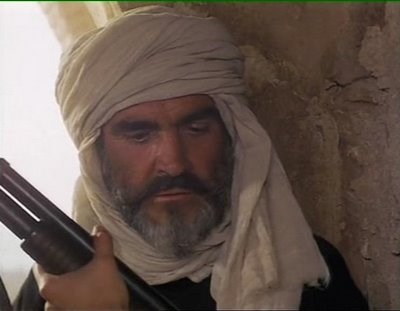What do you value most?
Jesus told a little parable about a
merchant who found a pearl of such exquisite worth that he was willing to liquidate
all his assets to raise the money to try to buy it. Again, the kingdom of heaven is like a merchant in
search of fine pearls, who, on finding one pearl of great value, went and
sold all that he had and bought it (Matthew 13:44-46).
What is your “pearl of great price”?
Thirty years after Jesus told that parable, the Apostle Paul
spoke of how his own values had shifted. At one time his treasures were all
about his heritage and his accomplishments.
But like my friend, his values underwent a radical change. As
he sat in chains in Rome, regarded as an enemy of the state, he had good reason
to believe he might be executed. And so he told his friends back in Philippi
what his value system had become.
Paul's life had been like a financial ledger, and over the
years he had been posting all the treasures he thought would get him closer to
God in the “gains” column.
These included his pride in being Jewish, from the tribe of
Benjamin, and being a native Hebrew speaker. And he rejoiced in his life’s
accomplishments: being a Pharisee, the “special forces” of the religious community.
His compliance with the external rules of the law was another source of pride. His
“gains” column was full of his own works, and they were what gave him meaning
and hope and self-importance.
But by the time he wrote from prison, he had moved all his
treasures, so carefully collected and hoarded over the years, from the “gains”
column to the “losses” column. And he made this stunning re-assessment of his
life and values:
But whatever gain I had, I counted as loss for the sake of
Christ. Indeed, I count everything as loss because of the surpassing worth of
knowing Christ Jesus my Lord. For his sake I have suffered the loss of all
things and count them as rubbish, in order that I may gain Christ (Philippians
3:7, 8)
Paul’s conclusion: Gaining Christ is worth losing everything
else.
Amazingly he now
considered all his former treasures as “rubbish.” “Rubbish” is probably
too nice a word for what he really is talking about. The King James Version gets
closer when it uses the term “dung.”
Most of us wouldn't hesitate to describe parts of our pre-Christian
lives as “rubbish.” For example, if you struggled with drugs or promiscuity
before you began to follow Jesus, you’d likely describe those parts of your old
life as “garbage.”
But Paul doesn't say this just about the “bad” parts of his
life. Notice his words again: For his sake I have suffered the loss of all
things and count them as rubbish, in order that I may gain Christ. All things.
Compared to the value of knowing Jesus, everything, everything, is garbage. Even the parts of his life that you and I would say
were commendable.
Maybe Jesus says the same thing in a different way, in
Matthew 10:37: Whoever loves father or mother more than me is not worthy of me, and whoever loves son or daughter more than me is not worthy of me.
Knowing Christ rises above, infinitely far above, owning a Bentley.
Or winning American Idol, or getting married to the perfect person. Knowing
Christ is better than being a billionaire or writing a best-selling book or
being able to play power forward for the Los Angeles Lakers.
Knowing Christ puts all these things to shame: they’re like
garbage compared to knowing Him.
One of my favorite movies is “The Wind and the Lion.” It’s
set in 1904, and tells the real-life story of an American armed invasion of Morocco —as
a rescue mission for a kidnapped American woman and her children.
Sean Connery plays the kidnapper, a Berber chieftain, called
Raisuli, who as it turns out, wasn't really going to hurt the Americans at all.
He’s actually the hero of the story. And at the end of the movie, he and one of
his friends are alone on the beach. And his friend, says, “Great Raisuli, we
have lost everything. All is drifting on the wind as you said. We have lost
everything.”
And the Raisuli replies with a smile, “Sherif, is there not
one thing in your life that is worth losing everything for?”
Paul answered yes. How about you?

